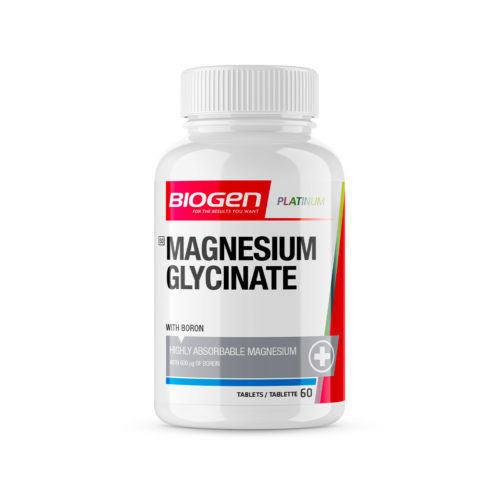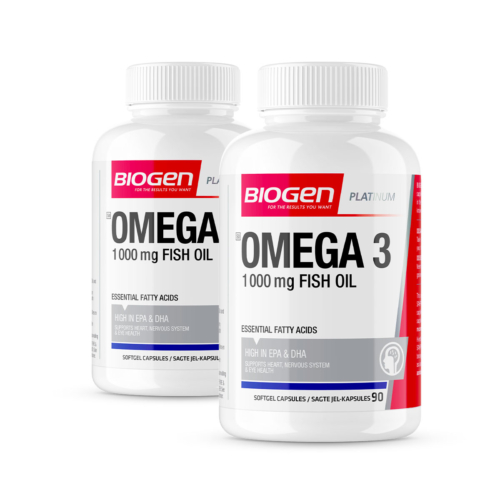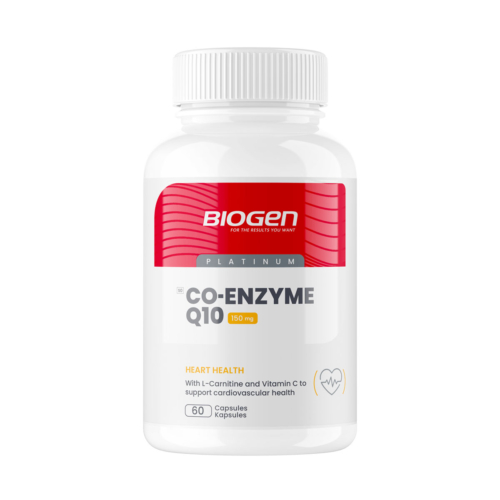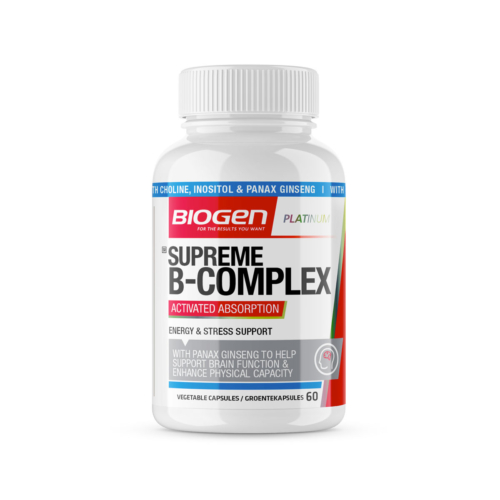
According to statistics1 from the Heart and Stroke Foundation, 225 South Africans die due to heart diseases every day, and cardiovascular disease (CVD) makes up a significant proportion (18%) of total adult deaths in the country attributable to non-communicable diseases.
CVD affects the heart and blood vessels and includes conditions such as coronary heart disease, various vascular diseases, and other conditions, with more than four out of five CVD deaths caused by heart attacks and strokes, according to WHO data2.
Leading risk factors2 for heart disease and stroke include high blood pressure, high low-density lipoprotein (LDL) cholesterol, diabetes, smoking and secondhand smoke exposure, obesity, unhealthy diet, and physical inactivity.
While CVD clearly poses a significant health risk, many conditions are preventable with the appropriate lifestyle changes, particularly to our diet and daily activity levels.
Give your heart a workout
Your heart is essentially a powerful muscle that pumps blood around the body. And just like any muscle, we can strengthen it with exercise and regular activity.
When we exercise, we strengthen the powerful walls of our heart (comprised of cardiac muscle called myocardium). Doing so creates a stronger, more efficient pump that pushes greater volumes of blood around our body with every beat. A stronger, more efficient heart also needs to beat fewer times throughout the day to meet our demands (that’s why your resting heart rate is lower when you are fitter).
A study4 led by University of Oxford researchers found that there is no upper threshold to the benefits of exercise in improving your heart health, with any exercise, no matter how vigorous or for how long, effective at helping to reduce CVD risk.
This can be as simple as moving more or walking every day, or through more intense and intentional exercise, especially cardiovascular activities such as running, cycling, skipping or swimming as there are the most efficient at improving heart and lung function.
The heart-healthy diet
What you eat also has a significant impact on your heart. In a related study5, researchers in Israel determined that diets high in protein, zinc and vitamin B3, like the Mediterranean Diet, boost heart health, including “better vascular structure and function”.
In general, heart-healthy eating guidelines recommend eating a diet that contains a variety of colours – at least five portions of different fruits and vegetables to provide a range of nutrients and antioxidants – with healthy unsaturated fats and a limited amount (less than 10% of your daily fat requirements) of saturated fat6.
It is also beneficial for your heart to consume at least two portions of fish per week, including one serving of oily fish, as it is an excellent source of protein and healthy fats, and contains various vitamins and minerals.
Heart health supplements
You can support your heart-healthy diet, exercise and daily activity with various supplements shown to support heart health and function. These include:
References:
- Heart and Stroke Foundation Annual Report 2023. https://heartfoundation.co.za
- World Health Organization Cardiovascular diseases (CVDs) Fact Sheet. 11 June 2021. https://www.who.int/news-room/fact-sheets/detail/cardiovascular-diseases-(cvds)
- Centres for Disease Control and Prevention (CDC). National Center for Chronic Disease Prevention and Health Promotion (NCCDPHP) Fact Sheet. September 8, 2022. https://www.cdc.gov/chronicdisease/resources/publications/factsheets/heart-disease-stroke.htm#:~:text=Leading%20risk%20factors%20for%20heart,unhealthy%20diet%2C%20and%20physical%20inactivity.
- Ramakrishnan R, Doherty A, Smith-Byrne K, Rahimi K, Bennett D, et al. Accelerometer measured physical activity and the incidence of cardiovascular disease: Evidence from the UK Biobank cohort study. PLOS Medicine. January 2021. 18(9): e1003809. https://doi.org/10.1371/journal.pmed.1003809.
- A diet rich in protein, zinc and niacin and low in saturated fat makes blood vessels more flexible, Israeli research suggests. Reports and Proceedings. European Association For The Study Of Obesity. https://www.eurekalert.org/news-releases/951428
- Office of Disease Prevention and Health Promotion. Dietary Guidelines For Americans 2015-2020. Eighth Edition. https://health.gov/sites/default/files/2019-10/DGA_Cut-Down-On-Saturated-Fats.pdf
- U Y, Hu FB, Manson JE. Marine Omega-3 Supplementation and Cardiovascular Disease: An Updated Meta-Analysis of 13 Randomized Controlled Trials Involving 127 477 Participants. J Am Heart Assoc. 2019 Oct;8(19):e013543. doi: 10.1161/JAHA.119.013543. Epub 2019 Sep 30. PMID: 31567003; PMCID: PMC6806028.
- Patrick Tillman, Pollen K. Yeung. Coenzyme Q10 for Cardiovascular Prevention. Cardiol Pharmacol 2013, 3:1 DOI: 10.4172/2329-6607.1000e125
- Rosique-Esteban N, Guasch-Ferré M, Hernández-Alonso P, Salas-Salvadó J. Dietary Magnesium and Cardiovascular Disease: A Review with Emphasis in Epidemiological Studies. Nutrients. 2018 Feb 1;10(2):168. doi: 10.3390/nu10020168. PMID: 29389872; PMCID: PMC5852744.
- Keith, M. E. Walsh, N.A. Et al. B-Vitamin Deficiency in Hospitalized Patients with Heart Failure. Journal of the American Dietetic Association. August 2009. 109(8):1406-10. DOI:10.1016/j.jada.2009.05.011














